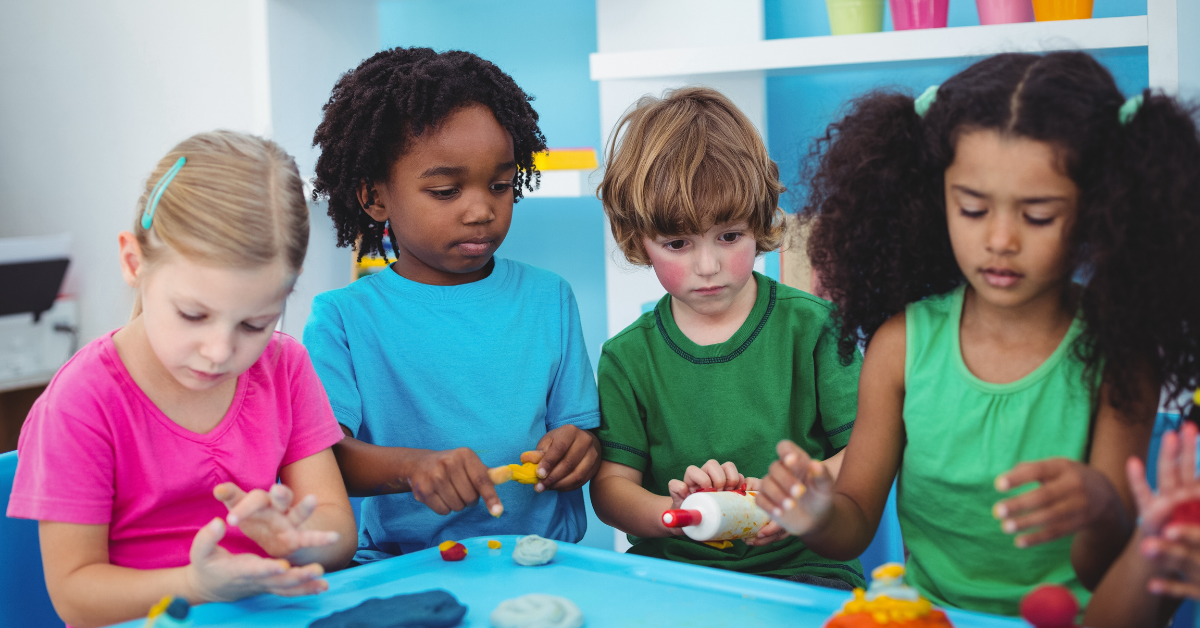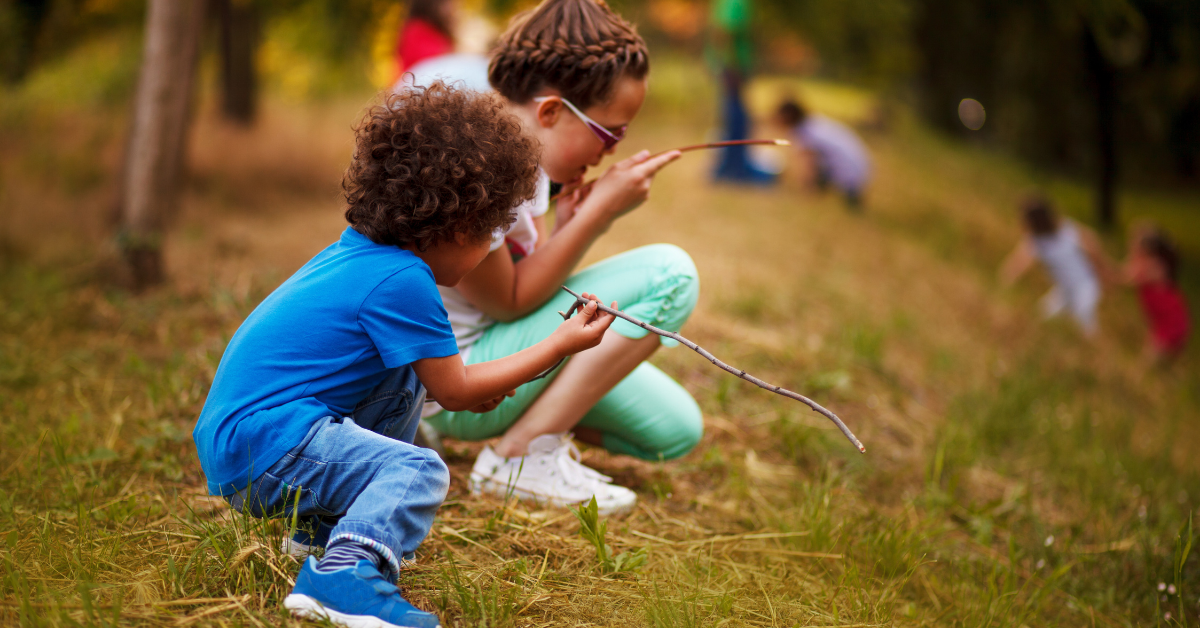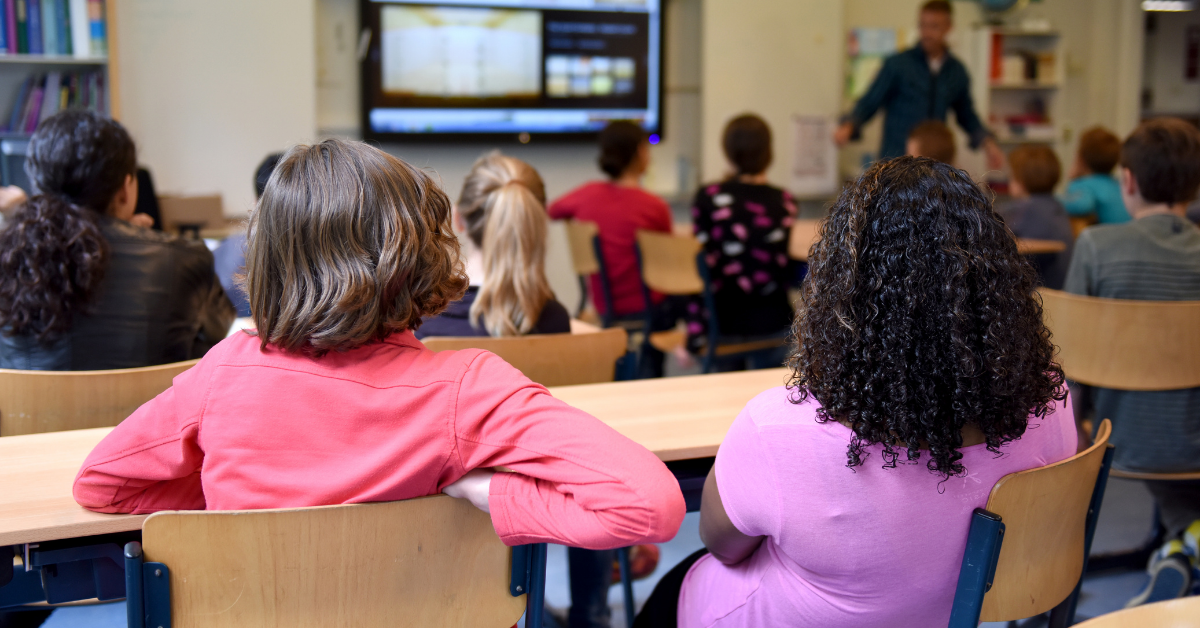Regardless of how your child learns, they can receive a great education. The key is to find multiple ways to support their development.
What is the first step you should take when you notice your child learns differently? How can you create a good home for learning? How can you encourage your child to overcome their problems?
Answer these questions and you can help your child become a vibrant learner. Here is your quick guide.
Identify Learner Differences
When people think about learning differences, they often think in broad terms. They group all reading difficulties together, and they separate reading from other parts of language comprehension.
In reality, each learning difference requires its own solutions. A child who has difficulty processing the sounds of words may need to map sounds on a page. They can put a space in between each syllable so they know how to pronounce each one.
A child who has difficulty with reading fluency may need to slow down. They may need to study vocabulary words so they can recognize their meanings. Difficulty with processing sounds can affect fluency and vice versa.
Pay attention to how your child learns. If they have difficulty with something, sit down with them and take notes on what they are doing.
Break down their skills one by one. You can ask them to recite words out loud, and you can ask them questions about the meanings of words. If you think they have a problem, you should bring them to a specialist to get a diagnosis.
Learner differences include learning styles. Your child may learn best through seeing things, listening to instructions, or moving their body. Try to identify which learning style they have and teach them things at home in that style.

Be Holistic With Early Learning
Your child may succeed with some skills and struggle with others. You should give them the resources they need to succeed where they are struggling.
However, you should pay attention to all of their skills and connect them together. If they succeed in mathematics, you can give them books about mathematics. This lets them hone their skills in math while trying out reading.
You should also help them with skills they do not learn in the classroom. You should instruct them about healthy eating and lifestyle choices.
You can help them with executive function skills by teaching them how to regulate their emotions. When they feel upset, they should tell others what they are feeling instead of having a meltdown.
Try to develop independence in your child. Teaching your child how to climb steps will help them coordinate their body for different outdoor activities.
Maintain Discipline
Early learning will only be successful if your child has good discipline for learning. They should have a safe and quiet place to do their schoolwork and study. They should make a schedule for their assignments, completing things during particular times of the day.
Your child should get plenty of sleep every night. They can perform a wind-down activity like reading or writing to ease them into sleep. But they should avoid electronics so they can fall asleep easier.
You can help your child develop their discipline by giving clear instructions. "Pick up your toy, please" is easy for most children to understand. Don't say things that are too long or complicated, and give follow-up instructions if your child is confused.
However, you should give your child a degree of independence. They should figure out when the best times to study are on their own and then write their own schedule. This lets them take charge of their life and feel affirmed.
Instill Self-Confidence
Many children with learning differences are aware of those differences. They may feel sad or assume that they are stupid or "broken." Other children may make fun of them for their differences, especially if they need special education services.
Whenever your child is feeling down, you should sit down with them and have a conversation. Ask them how they feel, and listen to what they have to say. Make eye contact with them and use non-verbal cues like nodding your head to encourage them to speak.
When they're done talking, ask them to list their strengths and weaknesses. Tell them to focus on their strengths and find opportunities to overcome their weaknesses.
You should talk to your child about your own strengths and weaknesses. You can bring up times in your life when you had to overcome problems and deal with criticism.
If you know of adults who have the same differences as your child, you should have them talk to each other. If your child experiences bullying, you should talk to their teacher about it. You should also talk to the parents of the bullies so they know what their children are doing.
Foster Curiosity
Fostering curiosity is one of the most underrated ways to support your child. If your child is curious, they can power through challenges and develop a range of skills.
One way you can foster curiosity is through sensory details. Let your child smell flowers and feel grass beneath their feet at your local park. Have a conversation with them about textures as they walk over gravel or cement.

Support Your Child
Learning differences are not obstacles. Watch your child as they learn and identify where their differences lie. Then teach them life skills in the home while matching their learning style and reflecting their interests.
Help your child develop a work routine and study environment so they can complete their assignments. Affirm your child by talking about your differences and letting them meet new people. Develop their curiosity through experiences and excursions outside the home.
Get your child all the resources they need for great learning. Eagle Hill School serves Connecticut and New York children. Request more information today.


